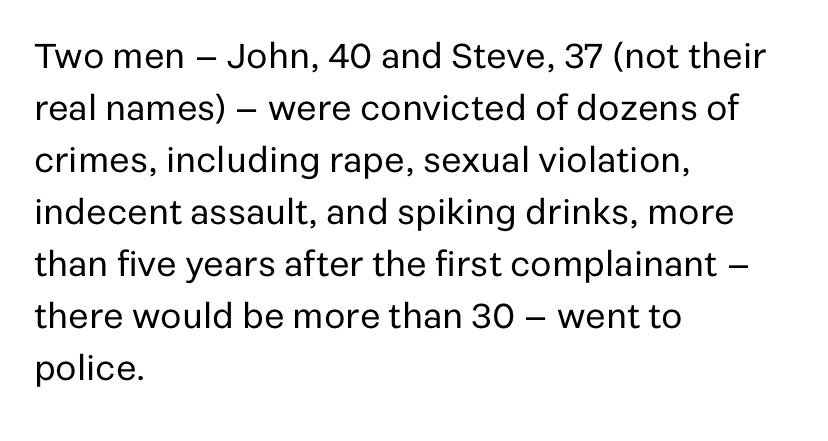You know, my day doesn’t drastically change, when I vote.
My job stays steady, I will have enough food on the table.
If my day to day existence were to shift, I have ready access to well-being resources.
I keep talking about privilege, because these things can be seen as a given.
My job stays steady, I will have enough food on the table.
If my day to day existence were to shift, I have ready access to well-being resources.
I keep talking about privilege, because these things can be seen as a given.
Privilege is not a given. Steady income, warm house, food, access to connection, to systems that are less likely to discount me are a privilege.
This isn’t everyone’s experience, and it’s not their failure or lack of will or hard work that is the cause.
It’s built-in inequity.
This isn’t everyone’s experience, and it’s not their failure or lack of will or hard work that is the cause.
It’s built-in inequity.
I’ve been thinking about what happens, if the person I love most in the world suddenly encountered barriers that treated her like she is not the loving, incredible human that she is.
How angry I’d be, to see her light dimmed.
How I’d want to shake the foundations of the world.
How angry I’d be, to see her light dimmed.
How I’d want to shake the foundations of the world.
To watch her access to services be contingent upon someone else’s goodwill rather than unshakeable policy.
To watch policy promises made, broken, adjusted, changed, reworded, spun to have heartbeats when all they do is send hollow echoes into the void.
Year after year, endless.
To watch policy promises made, broken, adjusted, changed, reworded, spun to have heartbeats when all they do is send hollow echoes into the void.
Year after year, endless.
There is rampant inequity here, team.
The things we choose to accept or reject have real consequences for people who are not cushioned by a system that has been designed to only work for some people.
It can change, based on how we vote.
For example, there is a homophobic party...
The things we choose to accept or reject have real consequences for people who are not cushioned by a system that has been designed to only work for some people.
It can change, based on how we vote.
For example, there is a homophobic party...
who would repeal the marriage equality law, if they got enough traction.
Sounds ridiculous, doesn’t it?
Sounds like something dark and antiquated, something not quite real?
In the US, Trump is likely to pick a judge for the Supreme Court, making a conservative majority this year.
Sounds ridiculous, doesn’t it?
Sounds like something dark and antiquated, something not quite real?
In the US, Trump is likely to pick a judge for the Supreme Court, making a conservative majority this year.
He opposes marriage equality. Very conceivably he could repeal it.
What happens if the world swings right, as it has been?
29 National MPs voted no, 30 voted yes, in NZ.
Our policy is absolutely shaped by our prejudices.
What is right is often usurped by what will retain power.
What happens if the world swings right, as it has been?
29 National MPs voted no, 30 voted yes, in NZ.
Our policy is absolutely shaped by our prejudices.
What is right is often usurped by what will retain power.
So with a wider lens, progress is steady - & it is tenuous.
Which is why, when I vote, in 2020, I’m trying to see who will resist that pull backwards, as well as keep making strides forward.
And I mean stride - quick & decisive.
Worry about marriage equity is abstract -for now.
Which is why, when I vote, in 2020, I’m trying to see who will resist that pull backwards, as well as keep making strides forward.
And I mean stride - quick & decisive.
Worry about marriage equity is abstract -for now.
But for so many of us, inequity is the thing that happens daily - as easily as I buy food, someone else faces a wait at the food bank, a battle with WINZ.
As easily as I turn on my heater, someone else doesn’t have heating because there’s no law to provide warm homes now, today.
As easily as I turn on my heater, someone else doesn’t have heating because there’s no law to provide warm homes now, today.
I have that rare landlord who is absolutely amazing. Rents are going up all over the country 20%, 30% - there’s no law to stop it.
There are thousands of people whose health is compromised because dental care is astronomical, because mental health services are in free fall.
There are thousands of people whose health is compromised because dental care is astronomical, because mental health services are in free fall.
Privilege isn’t a given.
We need to rebuild these systems so that they see us all.
In 2020, we need those brave enough to say, yes, now, today.
Yes, we see you.
Let’s vote for those we love, and for those who don’t have our platforms and voices - & our privilege to be seen./
We need to rebuild these systems so that they see us all.
In 2020, we need those brave enough to say, yes, now, today.
Yes, we see you.
Let’s vote for those we love, and for those who don’t have our platforms and voices - & our privilege to be seen./
• • •
Missing some Tweet in this thread? You can try to
force a refresh










